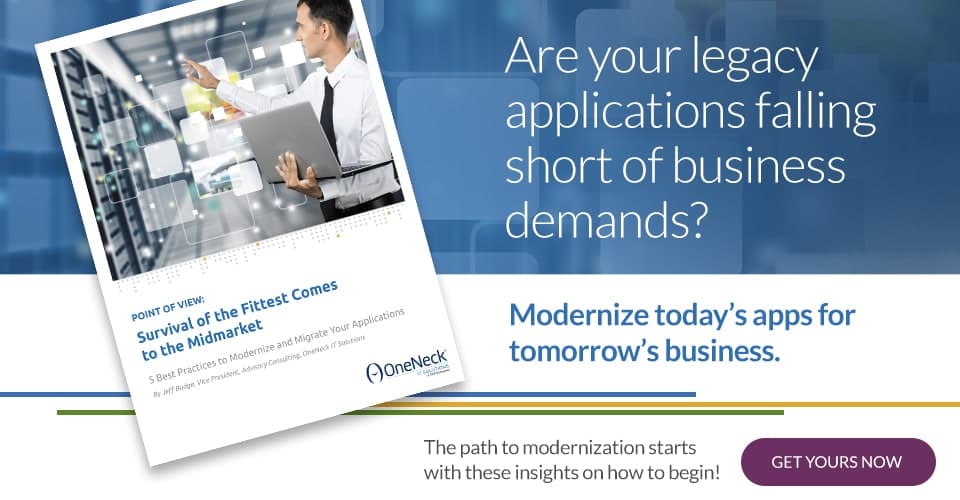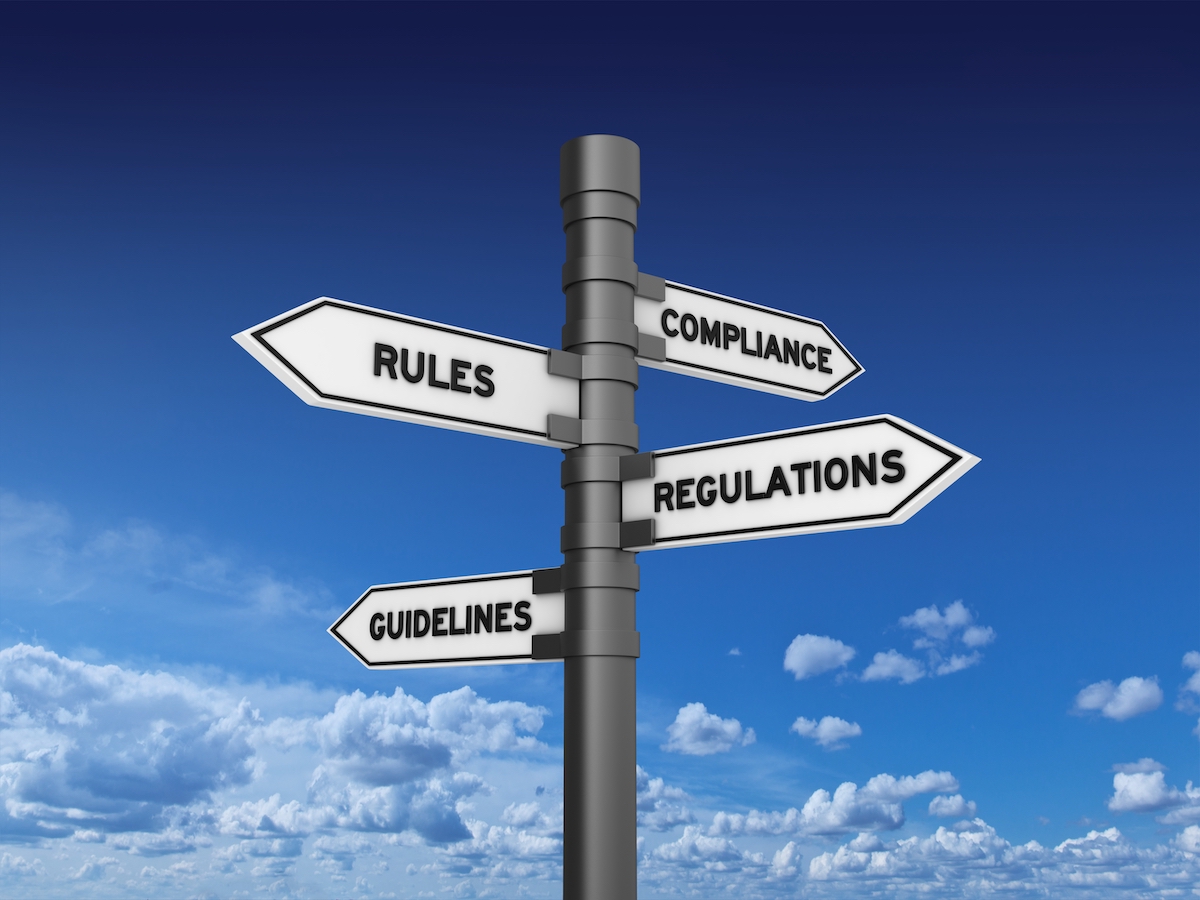Are You Keeping Pace in the Age of Digital Disruption?

Digital disruption is a double-edged sword. Enterprises that wield it wisely can quickly breathe new life into business processes, products and employees. Industries that don’t pick it up or fail to leverage it fully, however, quickly find themselves left behind as more nimble competitors embrace digitization and gain a competitive edge. Are you embracing digital disruption and keeping pace with the speed of business today?
If you’re like most businesses, you’re finding that your reliance on modern applications and data continues to grow. It’s happening as businesses strive for more efficient operations, to improve the customer experience and look to create better products and services. It’s important to note that digital disruption isn’t just affecting retail businesses. It’s infiltrating every sector from medicine and financial services, to farming, utilities and manufacturing. Consider the varied health monitoring devices that make it easier for patients to stay on track with their medications and make healthy lifestyle choices. Think about the agricultural sensors that help farmers measure soil characteristics and plant growth to gauge the optimal amount of fertilizer and pest control required.
This digital disruption is essentially happening thanks to the perfect storm of low-cost communications (e.g., mobile networks), smart devices and sensors. Combined with the cloud and open source technologies using data science — machine learning, artificial intelligence, prediction algorithms and recommendation engines — it’s all merging and creating disruptive digital experiences — everywhere.
For companies who embrace digital disruption, they will be far better off in the long-run. It’s a brand-new age, and to succeed you need to understand what you’re up against. Using a model proposed by leading author Geoffrey Moore, digital disruption can be broken down into three areas:
- Business model transformation: This is the most dangerous form of digital disruption established enterprises face. Take, for example, Uber and how they up-ended the taxi business. Not only did they reduce consumer friction by making it far easier to hail and pay for a ride, they disrupted the entire business model. They did so by introducing a new taxi supply source (private citizens with cars). Soon, established taxi companies found it incredibly challenging to compete in the new environment.
- Business operations transformation: In this method, your business model stays the same and the transformation focuses on reducing consumer friction in the way business is transacted. Examples include mobile check-in at the airport or enabling customers to use their smartphone camera to deposit checks via a mobile banking app. Businesses that embrace digitization in these ways become leaders in fostering customer loyalty and can easily leapfrog competitors who have less nimble operations.
- IT (infrastructure) transformation: To fully achieve business model or operations transformation, an enterprise must look at their underlying infrastructure. The IT must be geared toward supporting the flexibility and rate of change necessary for your business to navigate the wave of disruption. This is the foundation of a truly digitized business.
With this understanding of digital disruption setting the stage, it’s important to look at ways to become proactive. By taking a proactive approach to transform your business operations, you’ll be embracing the disruption and positioned for long-term success. This requires ruthless focus on:
- Customer experience: Like Uber, focus on ways to make it easier for your customers to transact and do business with you.
- Digitally powered products/services: Digitization makes over-the-air upgrades possible. With digitally enabled products, you’ll also be positioned to establish feedback loops that can track customer needs and wants to more quickly design and implement improvements.
- Core operations: Success in the age of digital disruption requires a flexible, easy-to-use technology foundation that supports continuous and iterative improvement that enables even non-technical employees to create and deliver the digital experiences customers truly want.
Don’t be afraid of digital disruption – embrace it.




